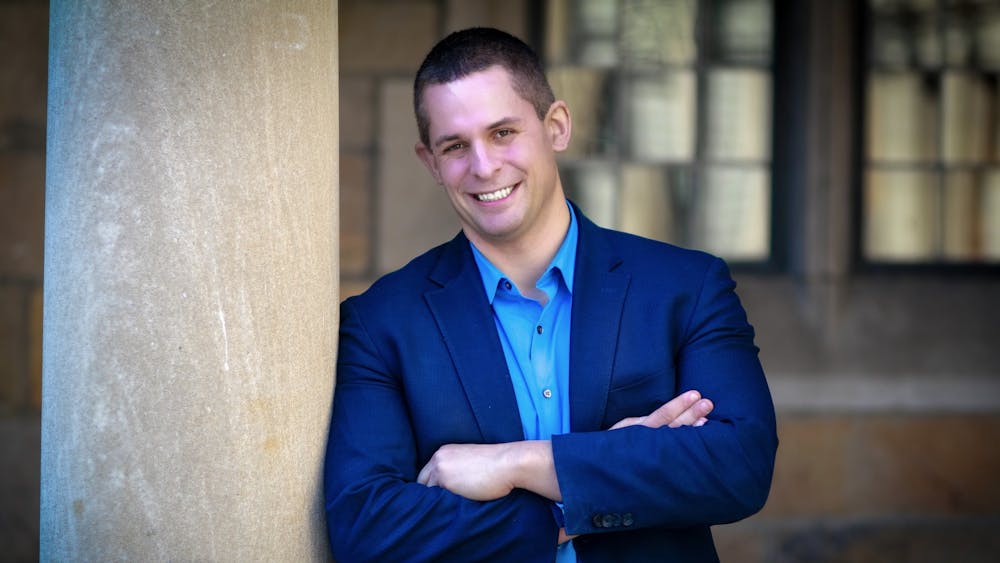The Ann Arbor City Council voted unanimously to decriminalize entheogenic substances including psychedelic mushrooms, and other psychedelic plants substances, on Sept. 21.
The resolution makes the investigation and arrest of individuals with possession of entheogenic substances the lowest priority for the City of Ann Arbor. The police will not investigate and arrest anyone for planting, cultivating, purchasing, transporting, distributing, engaging in practices with, or possessing entheogenic plants or plant compounds.
The decriminalized narcotics include ayahuasca, ibogaine, mescaline, peyote, psilocybin mushrooms, and other substances with hallucinogenic properties deemed illegal under state and federal law.
In a Wayne State Medicine News article, the Michigan Poison Center warns anyone who intends to use the newly decriminalized substances to understand their risks. Several of the substances may present, “toxic effects and may cause significant illness resulting in hospitalization or death in people with underlying heart and neurological illnesses,” the article warns. Another possible negative reaction to the use psychedelic substances is known as “bad trips" which are manifestations of, "fear, confrontational hallucinations, severe anxiety, confusion and paranoia [in the user].“
Ibogaine poses as the most worrisome drug decriminalized by the vote, according to the Poison Center. An article on Healthline.com explains that Ibogaine may cause seizures, gastrointestinal issues, and heart complications like arrhythmia and ataxia.
Anne Bannister, an Ann Arbor City Council member representing the First Ward, is one of the council members sponsoring the proposal.
“I’m confident [the resolution] will affect Michigan in a positive way. We are hearing that Ypsilanti’s City Council has been working with the local chapter of Decriminalization Ann Arbor, and exploring the interest of doing something similar to our resolution,” Bannister said.
According to Bannister, the City Council is coordinating with the Washtenaw County Public Health Department to help educate community members about potential harms and risk reduction regarding the newly legalized substances.
“We are steadily tracking the performance of the effects. There have been no negative reports from other cities that have a similar resolution that I know of. It is always good to consider worst-case scenarios, and we will monitor these issues,” Bannister said.
Current University of Michigan Law Professor and Democratic candidate for Washtenaw County Prosecutor, Eli Savit, supports the move from the City Council and the decriminalization of entheogenic plants.
“I believe the war on drugs has been an abject failure, and I see no reason to criminalize, or prosecute, people for their use of such plants,” Savit said.
“The truth of the matter is, vanishingly few people were being prosecuted for psychedelic mushrooms use anyway. Indeed, the vast majority of people who engage in substance use are able to do so without criminal consequence. For an unlucky few, their decision to use substances results in harsh, life-changing penalties,” Savit said regarding individuals being prosecuted in the past over the use of the substances.










